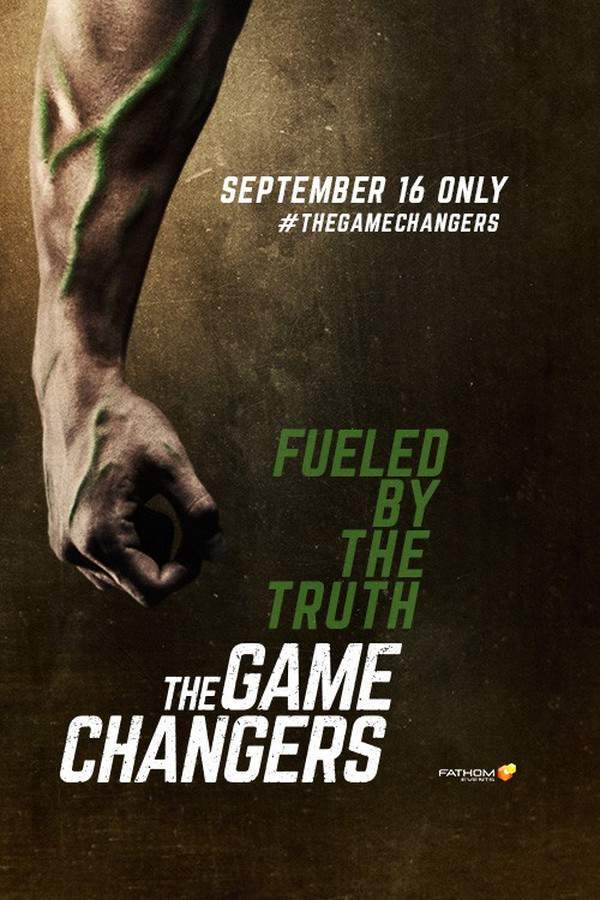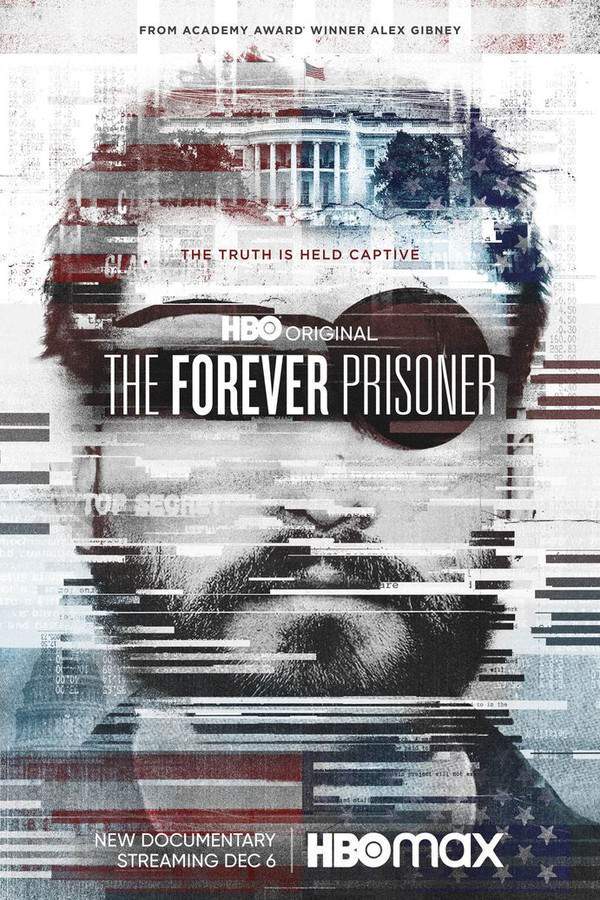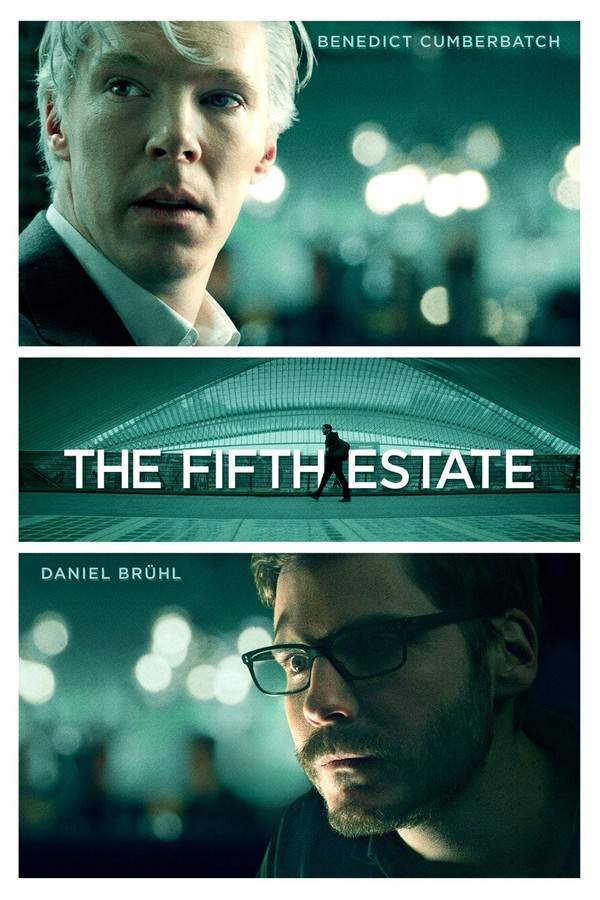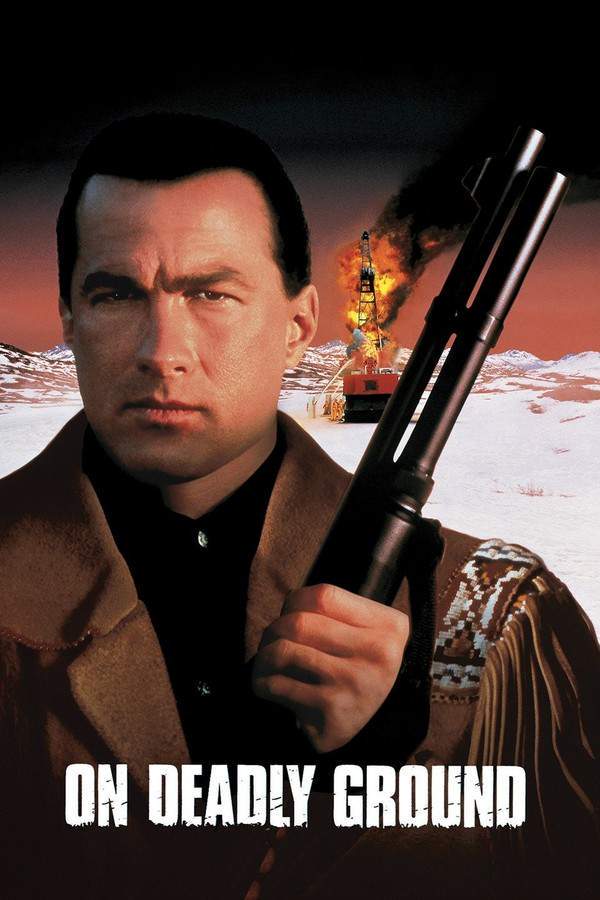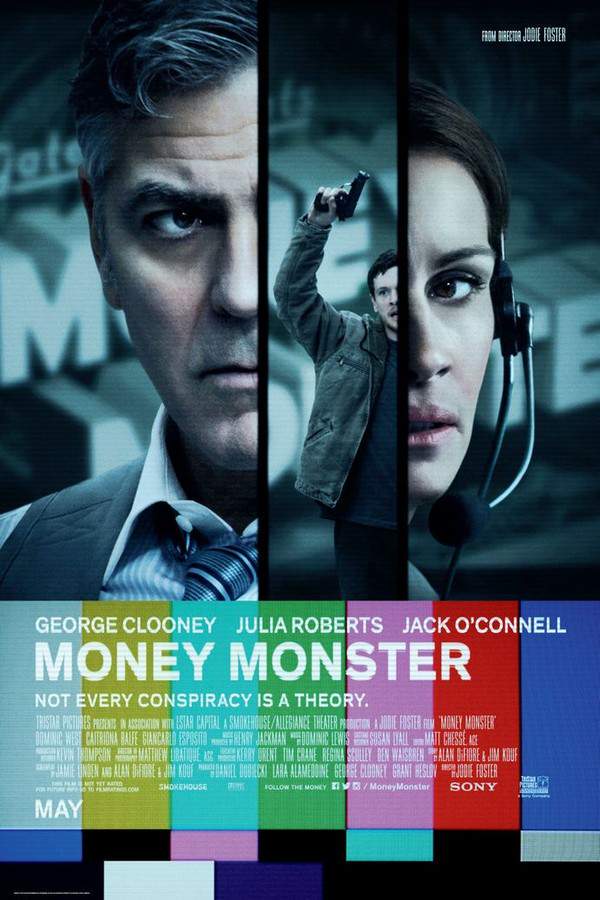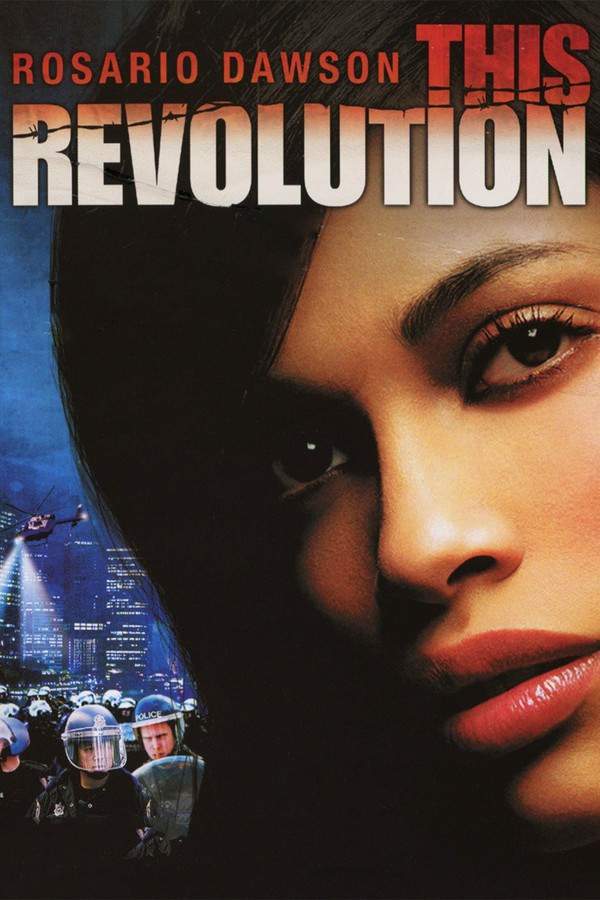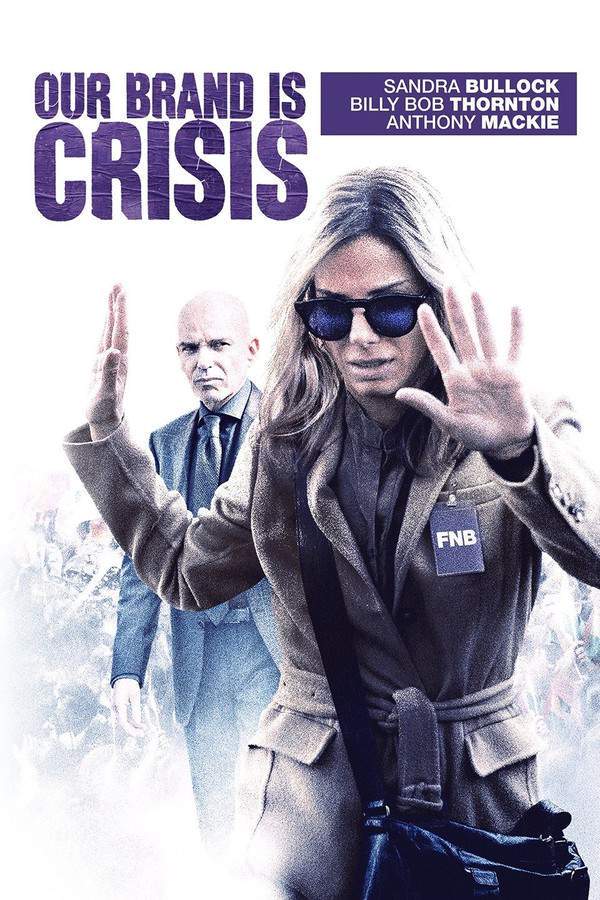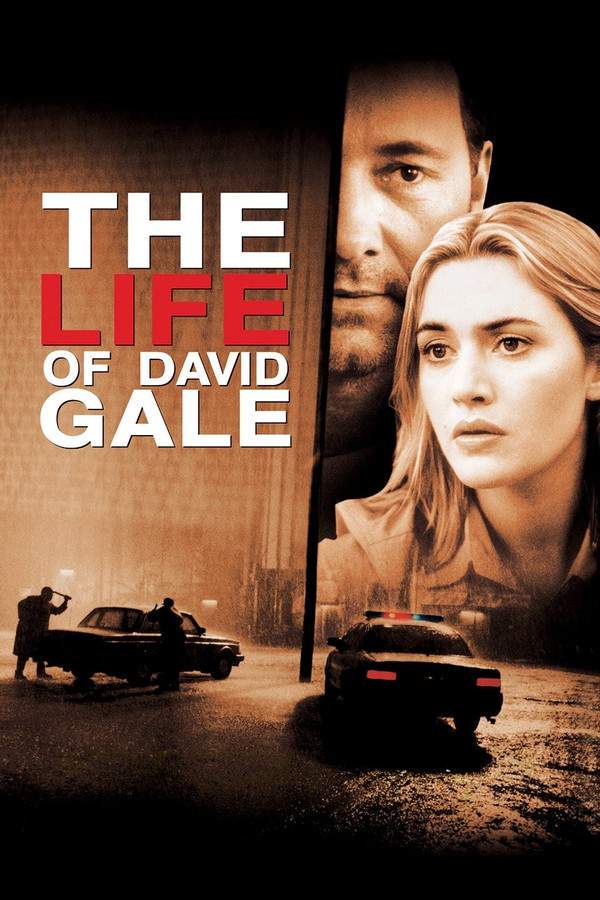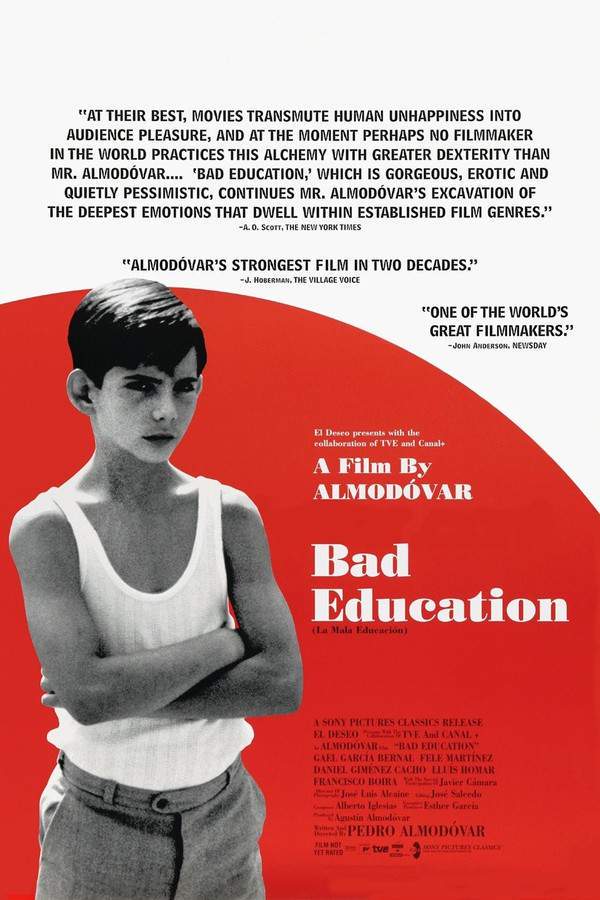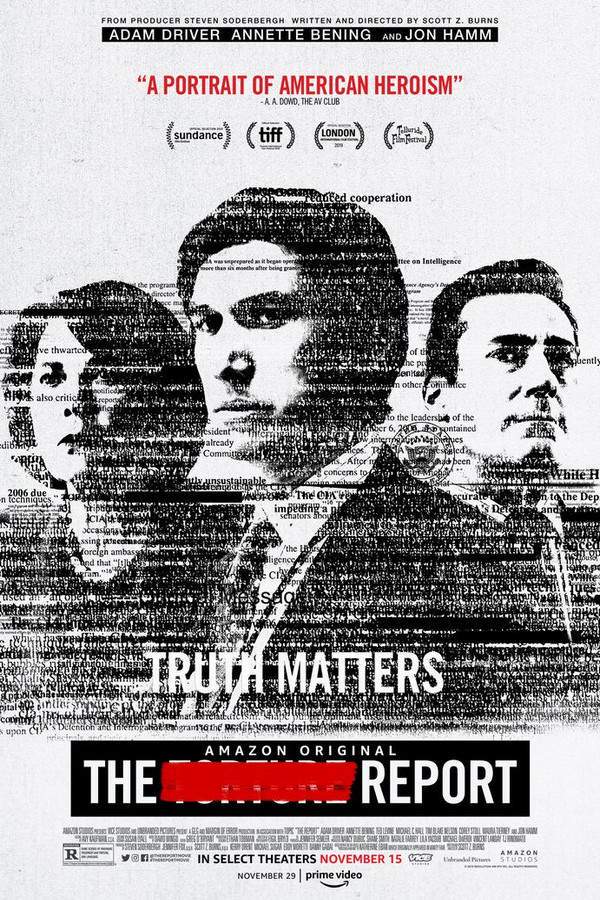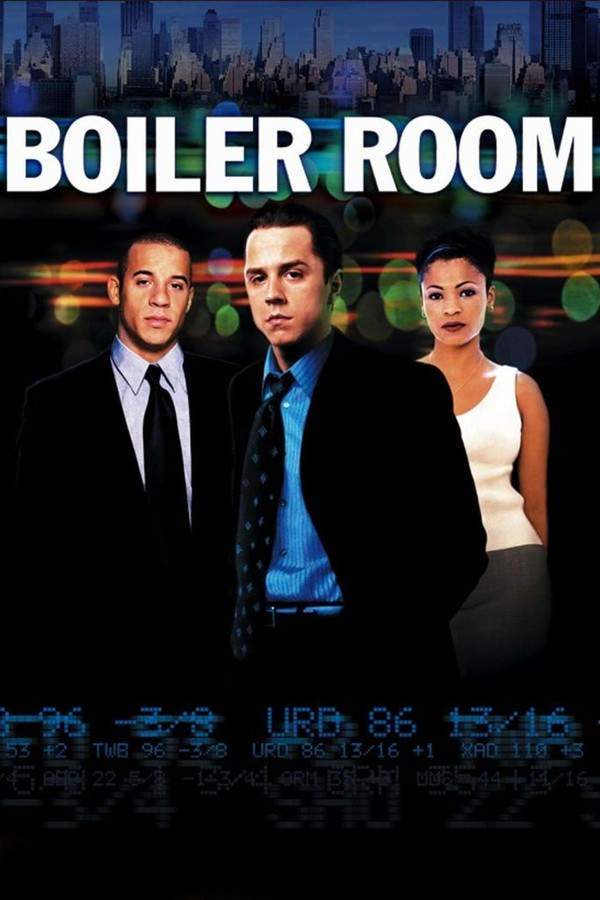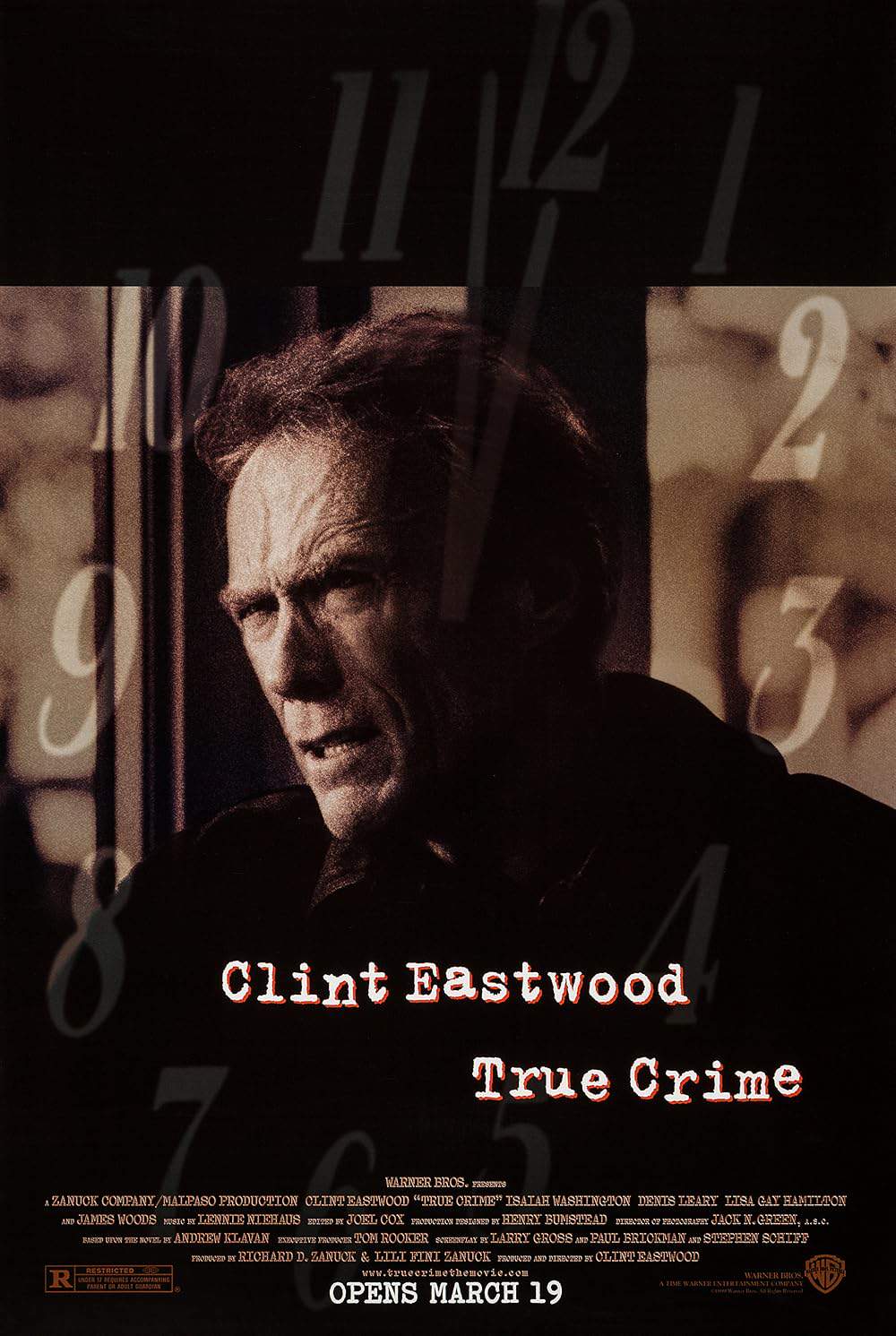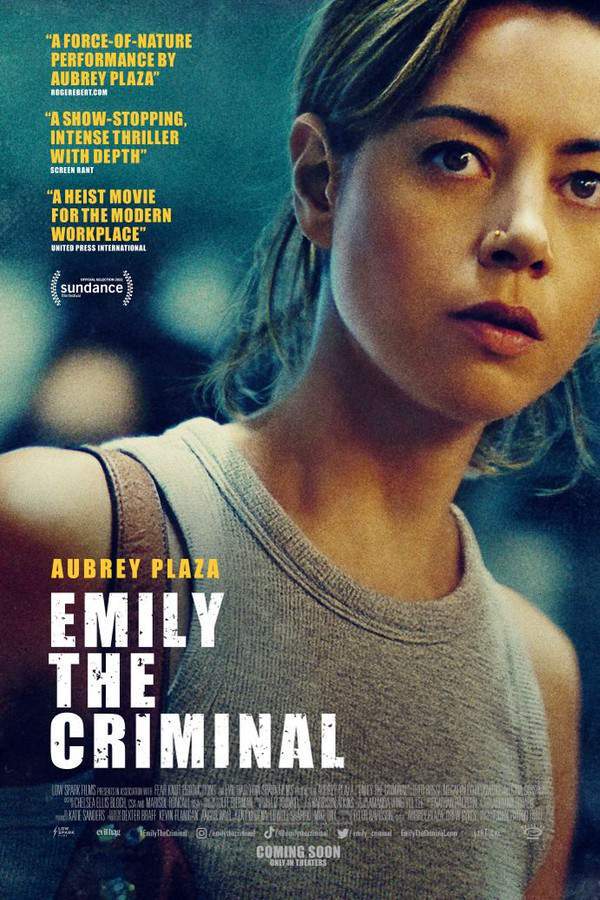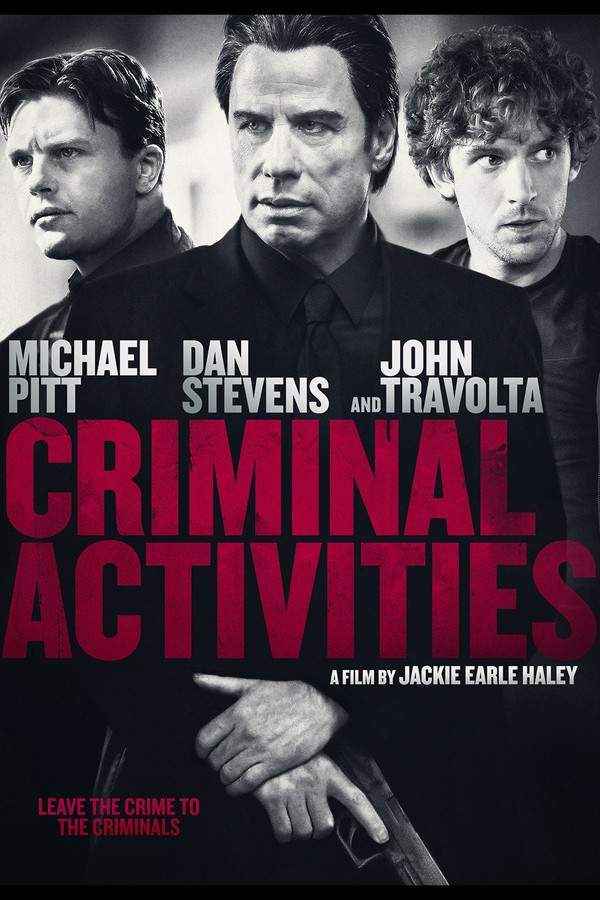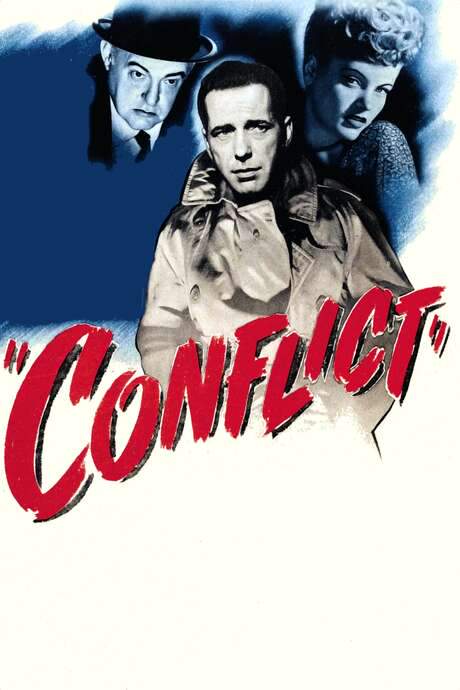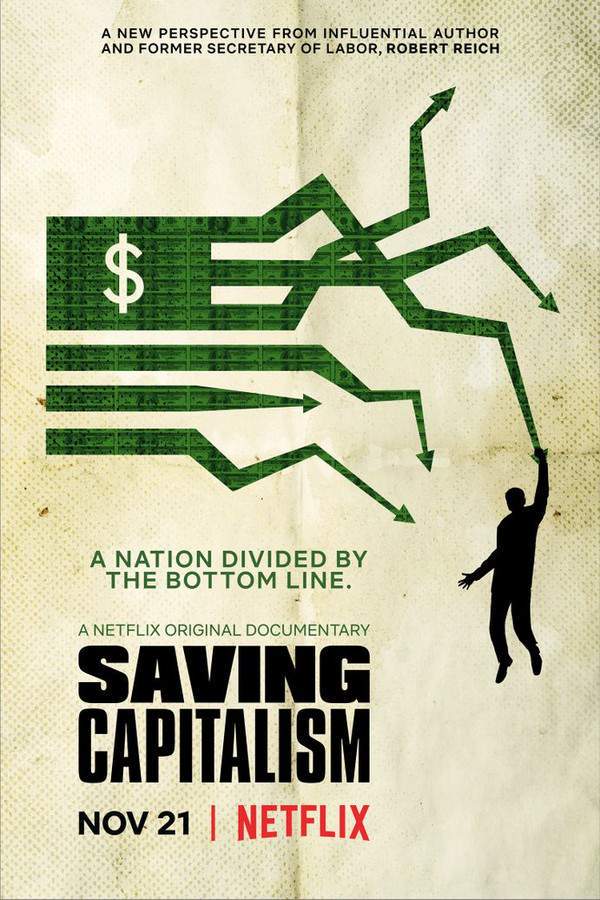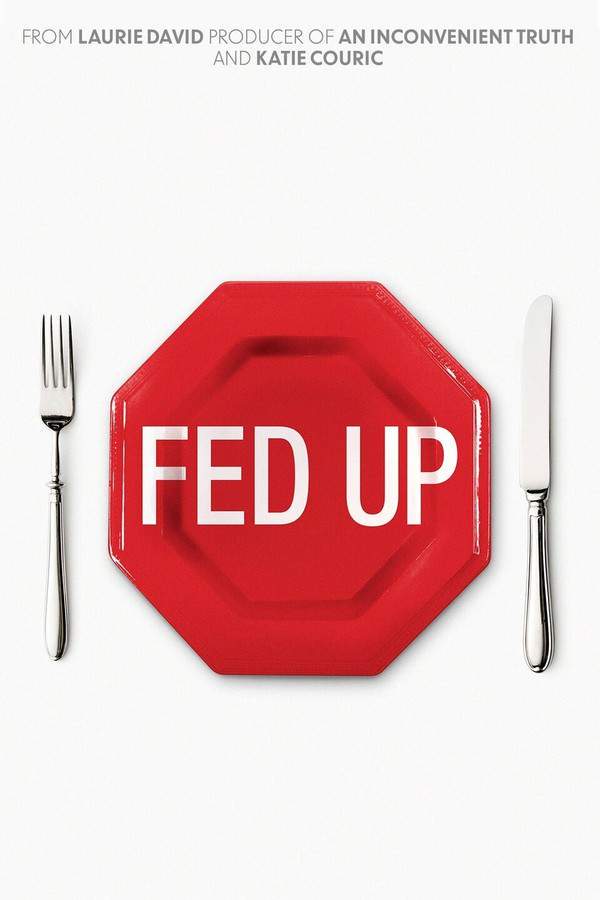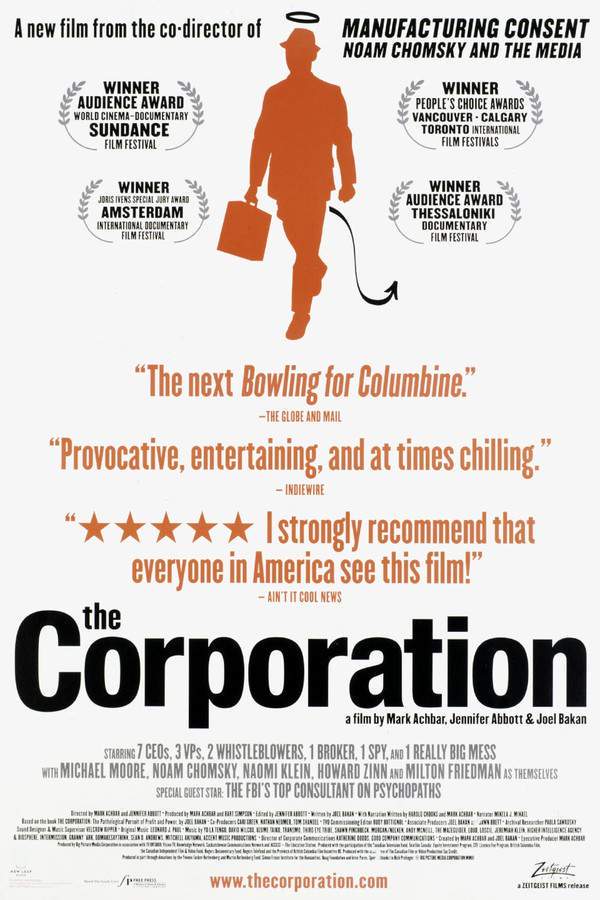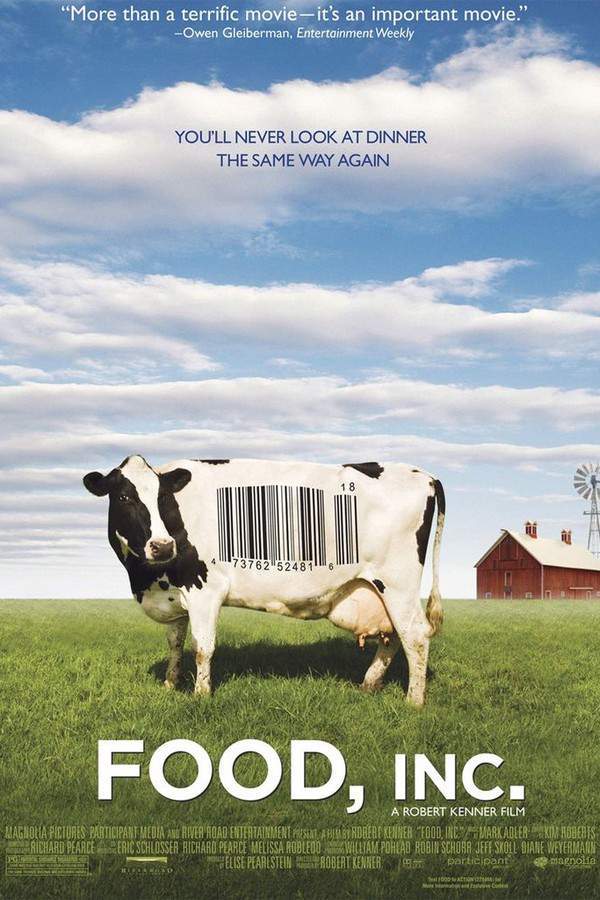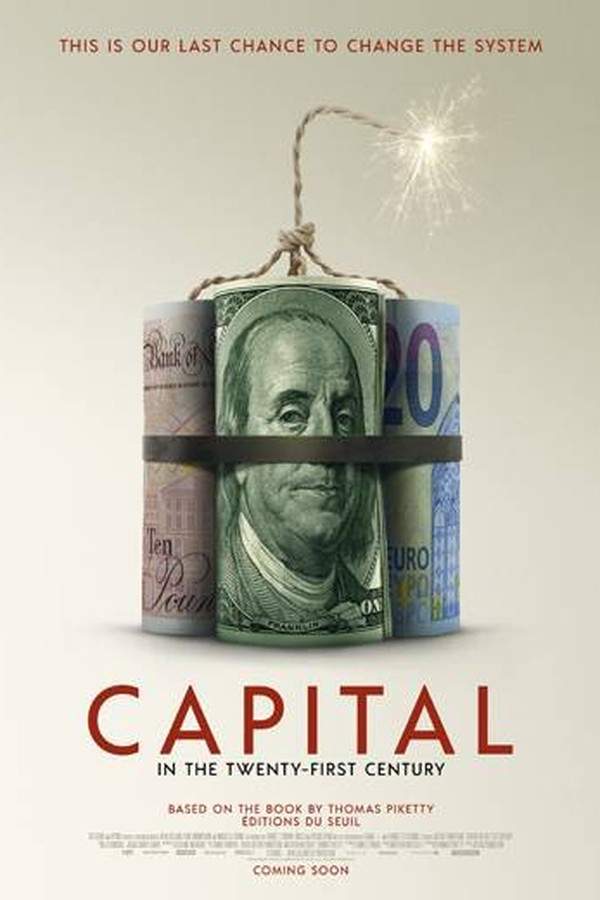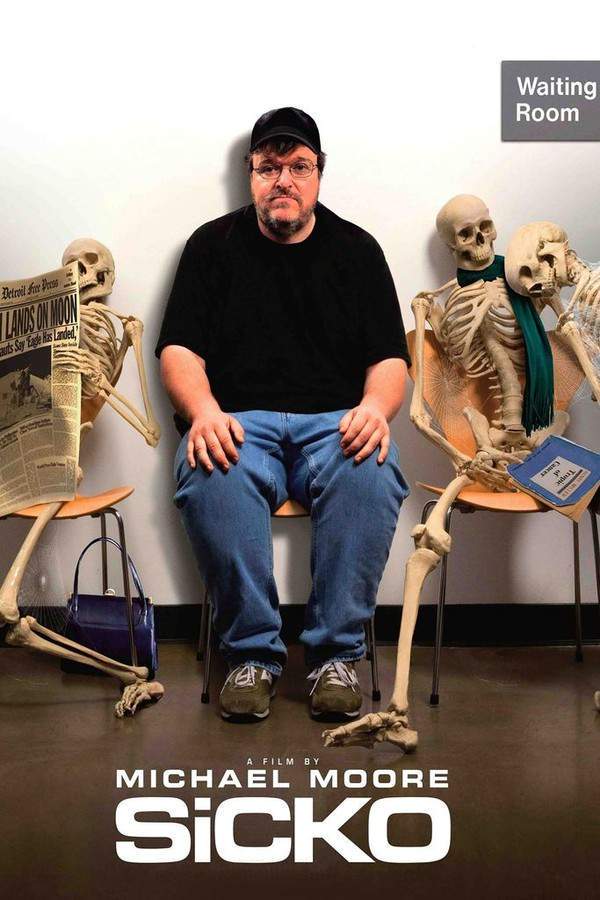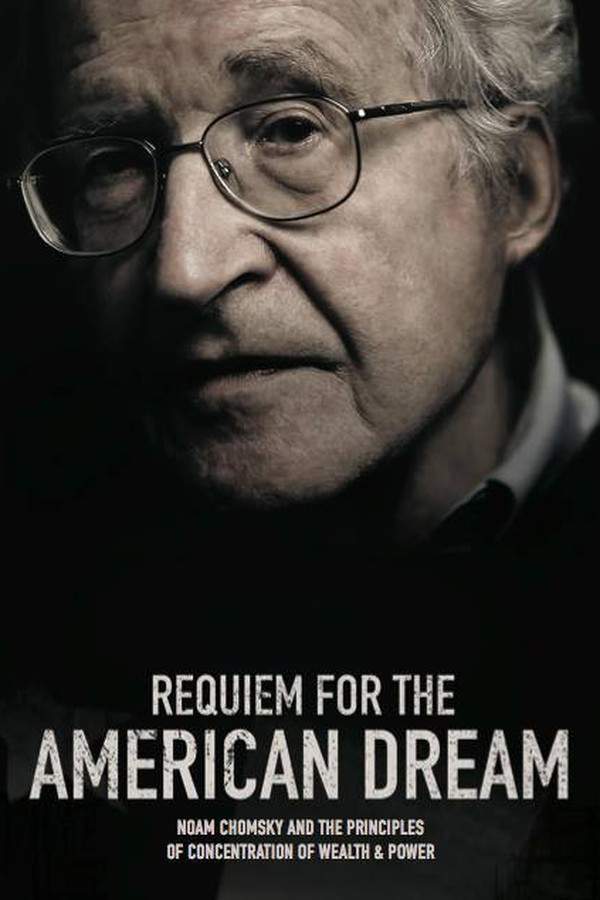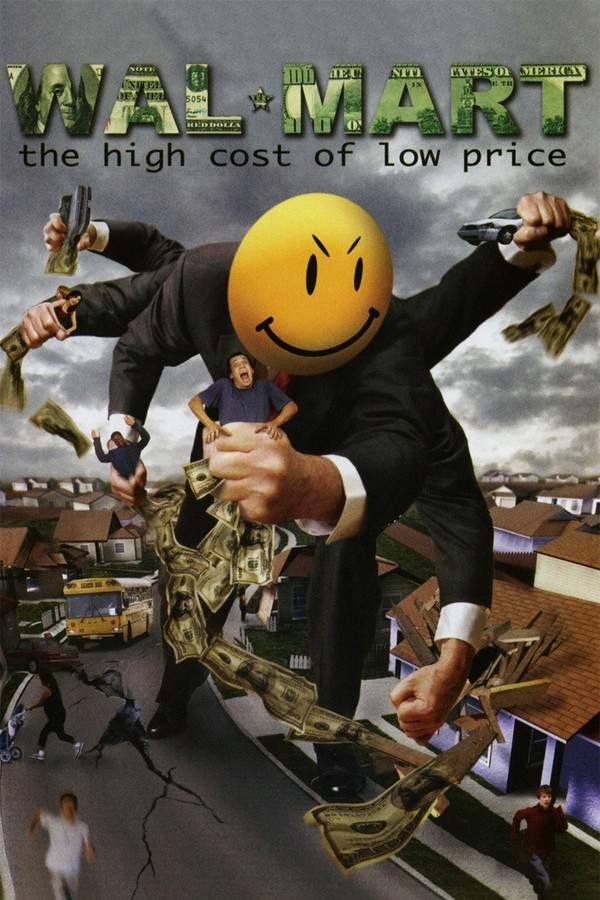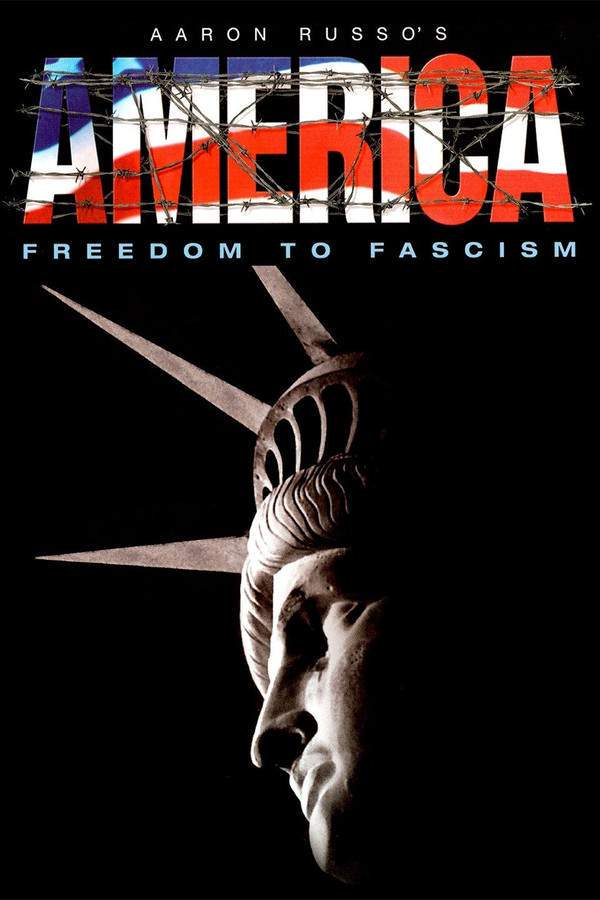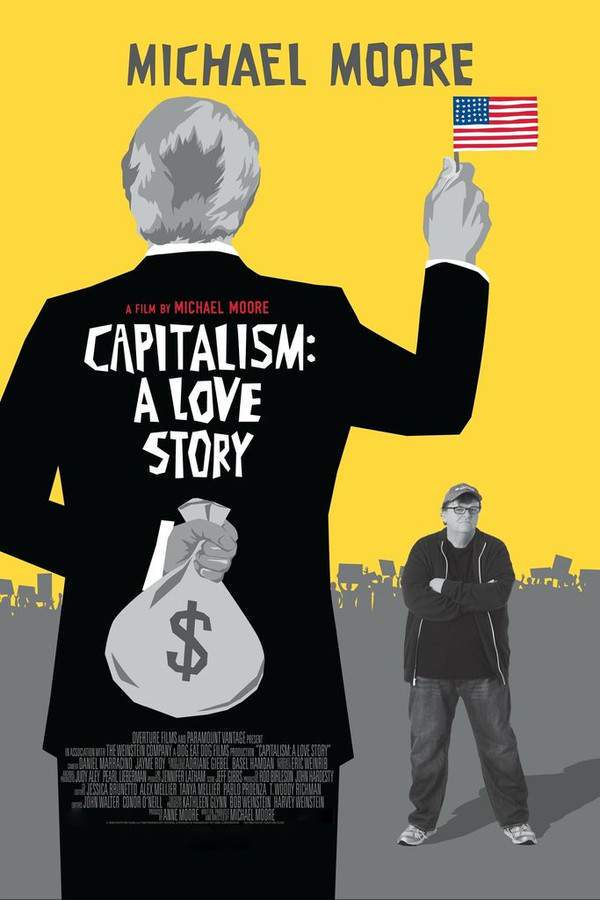
Capitalism: A Love Story
Year: 2009
Runtime: 127 min
Language: English
Director: Michael Moore
Budget: $20M
Michael Moore’s documentary explores the detrimental effects of corporate greed and unchecked capitalism on American society. The film examines how prioritizing profits has impacted individuals and communities, from the American heartland to the financial institutions of Wall Street and the political landscape of Washington D.C. It reveals the human cost of a system where economic policies often overshadow the well-being of citizens.
Warning: spoilers below!
Haven’t seen Capitalism: A Love Story yet? This summary contains major spoilers. Bookmark the page, watch the movie, and come back for the full breakdown. If you're ready, scroll on and relive the story!
Timeline & Setting – Capitalism: A Love Story (2009)
Explore the full timeline and setting of Capitalism: A Love Story (2009). Follow every major event in chronological order and see how the environment shapes the story, characters, and dramatic tension.
Last Updated: October 22, 2024 at 19:52
Main Characters – Capitalism: A Love Story (2009)
Meet the key characters of Capitalism: A Love Story (2009), with detailed profiles, motivations, and roles in the plot. Understand their emotional journeys and what they reveal about the film’s deeper themes.
Last Updated: October 22, 2024 at 19:52
Major Themes – Capitalism: A Love Story (2009)
Explore the central themes of Capitalism: A Love Story (2009), from psychological, social, and emotional dimensions to philosophical messages. Understand what the film is really saying beneath the surface.
Last Updated: October 22, 2024 at 19:52
Explore Movie Threads
Discover curated groups of movies connected by mood, themes, and story style. Browse collections built around emotion, atmosphere, and narrative focus to easily find films that match what you feel like watching right now.
Confrontational documentaries exposing systemic failure like Capitalism: A Love Story
Urgent investigations that confront power and reveal institutional corruption.A collection of urgent, investigative films similar to Capitalism: A Love Story. If you liked Michael Moore's exposé of corporate greed, you'll find more documentaries here that critically examine political, economic, and social institutions with a tense and confrontational style.
Narrative Summary
Movies in this thread follow an investigative narrative, building a case against a powerful entity or system. They often weave together personal stories, expert testimony, and archival footage to present a compelling argument, creating a sense of mounting evidence and moral urgency that leads to a call for awareness or change.
Why These Movies?
These films are grouped by their shared mission to expose wrongdoing and their use of a fast-paced, urgent, and emotionally heavy tone. They connect through a confrontational stance towards authority and a focus on the human cost of systemic problems, creating a similar vibe of critical inquiry and righteous anger.
Grim socio-economic thrillers with moral conflict like Capitalism: A Love Story
Stories where financial systems and moral decay create tense, desperate scenarios.Find movies like Capitalism: A Love Story that delve into the tense and grim realities of economic inequality. These films share a heavy emotional weight and a critical perspective on how systems of power and money create moral conflicts and desperate situations for individuals.
Narrative Summary
Narratives in this thread often center on a collision between individuals and powerful, impersonal economic forces. The journey typically involves uncovering a deeply rooted problem, facing moral compromises, and navigating a landscape of injustice, leading to conclusions that are mixed or bleak, reflecting the complexity of the issues.
Why These Movies?
These movies are united by their intense focus on economic and social injustice, their grim and tense mood, and the heavy moral questions they raise. They create a similar viewing experience by juxtaposing systemic analysis with poignant human stories, resulting in a potent mix of anger, sadness, and critical reflection.
Unlock the Full Story of Capitalism: A Love Story
Don't stop at just watching — explore Capitalism: A Love Story in full detail. From the complete plot summary and scene-by-scene timeline to character breakdowns, thematic analysis, and a deep dive into the ending — every page helps you truly understand what Capitalism: A Love Story is all about. Plus, discover what's next after the movie.
Capitalism: A Love Story Summary
Read a complete plot summary of Capitalism: A Love Story, including all key story points, character arcs, and turning points. This in-depth recap is ideal for understanding the narrative structure or reviewing what happened in the movie.

Capitalism: A Love Story Timeline
Track the full timeline of Capitalism: A Love Story with every major event arranged chronologically. Perfect for decoding non-linear storytelling, flashbacks, or parallel narratives with a clear scene-by-scene breakdown.

Capitalism: A Love Story Spoiler-Free Summary
Get a quick, spoiler-free overview of Capitalism: A Love Story that covers the main plot points and key details without revealing any major twists or spoilers. Perfect for those who want to know what to expect before diving in.

More About Capitalism: A Love Story
Visit What's After the Movie to explore more about Capitalism: A Love Story: box office results, cast and crew info, production details, post-credit scenes, and external links — all in one place for movie fans and researchers.

Similar Movies to Capitalism: A Love Story
Discover movies like Capitalism: A Love Story that share similar genres, themes, and storytelling elements. Whether you’re drawn to the atmosphere, character arcs, or plot structure, these curated recommendations will help you explore more films you’ll love.
Explore More About Movie Capitalism: A Love Story
Capitalism: A Love Story (2009) Plot Summary & Movie Recap
Capitalism: A Love Story (2009) Scene-by-Scene Movie Timeline
Capitalism: A Love Story (2009) Spoiler-Free Summary & Key Flow
Movies Like Capitalism: A Love Story – Similar Titles You’ll Enjoy
Saving Capitalism (2017) Full Movie Breakdown
Capital (2013) Spoiler-Packed Plot Recap
Fed Up (2014) Full Movie Breakdown
The Corporation (2004) Spoiler-Packed Plot Recap
Food, Inc. (2009) Full Movie Breakdown
Capital in the Twenty-First Century (2020) Spoiler-Packed Plot Recap
Sicko (2007) Plot Summary & Ending Explained
Pump (2014) Movie Recap & Themes
Requiem for the American Dream (2016) Complete Plot Breakdown
Wal-Mart: The High Cost of Low Price (2005) Movie Recap & Themes
America: Freedom to Fascism (2006) Story Summary & Characters
Capital in the Twenty-First Century (2019) Plot Summary & Ending Explained
The Big One (1997) Complete Plot Breakdown
Capitalism in America: The Cult of Wealth (1000) Complete Plot Breakdown
A Sentimental Capitalism (2008) Plot Summary & Ending Explained

